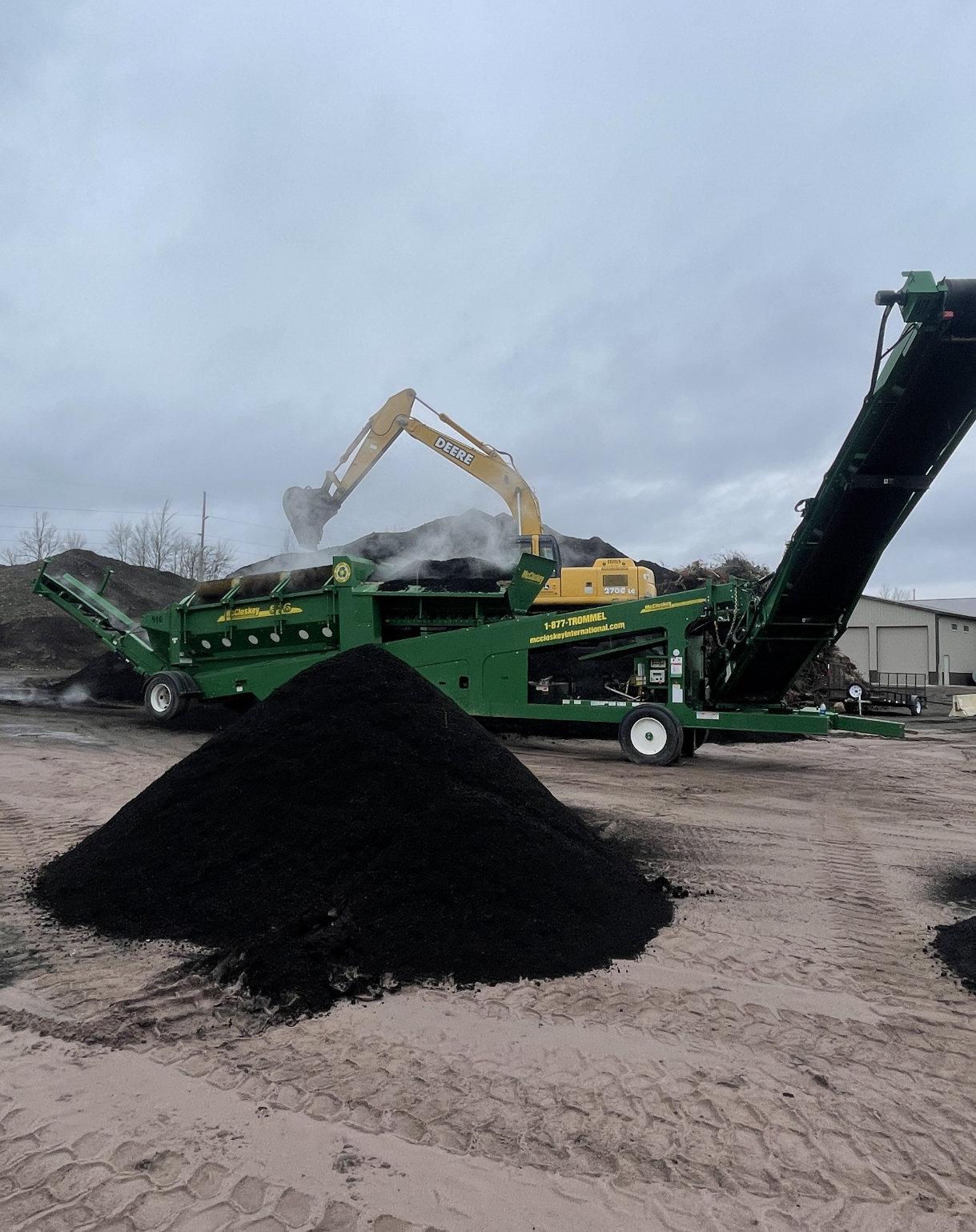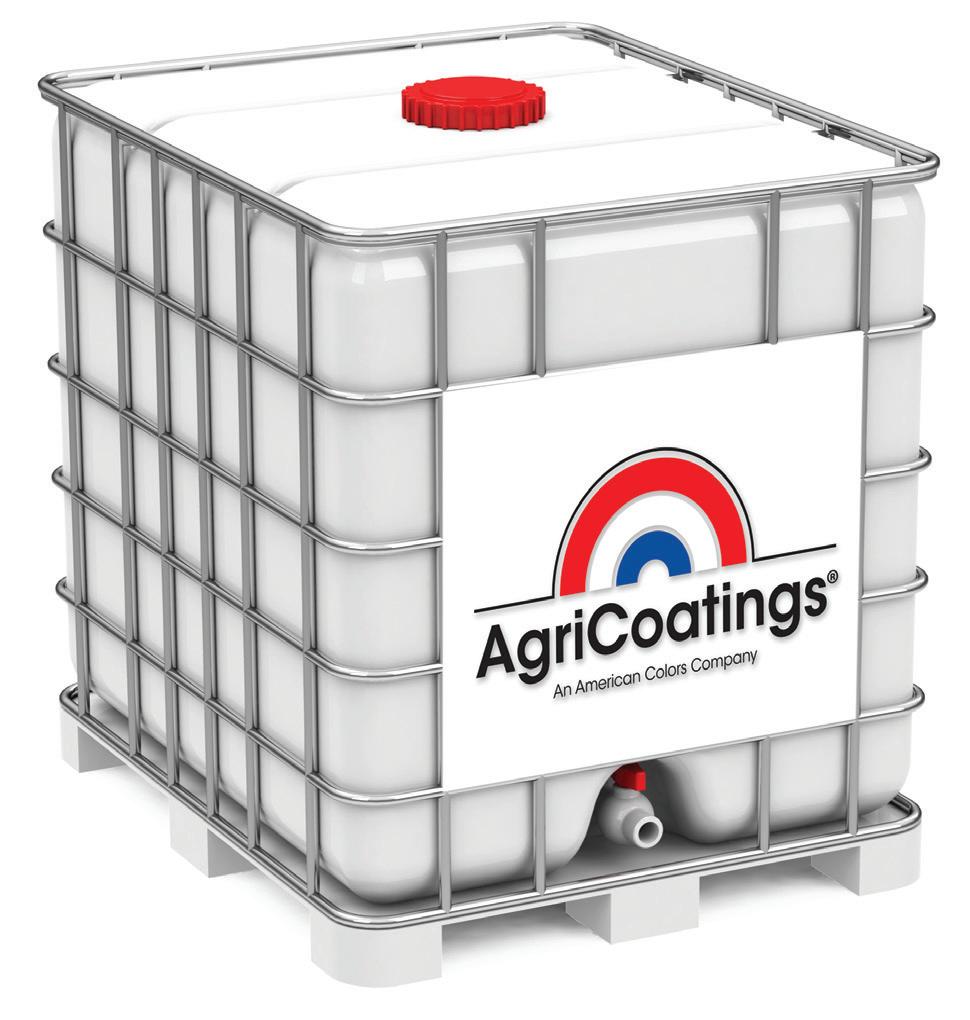
1 minute read
Compostable Plastics –Not Exactly
Study findings published in Frontiers in Sustainability show that home composting is not an effective or environmentally beneficial waste processing method for biodegradable or compostable packaging.
The 24-month, UK-wide study conducted by University College London researchers in partnership with a cohort of “citizen scientists” showed not only wide confusion by consumers about compostable vs. biodegradable plastics but also that 60% of plastics labeled or understood to be home-compostable do not fully disintegrate in home compost bins.
Beginning with a survey of 9,701 UK citizens geographically spread across the UK to assess their ability to help conduct the study, the researchers selected a final cohort consisting of 1,648 citizens who performed home compost experiments to test the environmental performance of compostable plastics.
Fourteen percent of sampled plastic packaging items tested were certified “industrial compostable” only and 46% had no compostable certification. Of the biodegradable and compostable plastics tested under different home composting conditions, the majority did not fully disintegrate, including 60% of those that were certified “home compostable.”
Compostable plastics are typically food packaging, bags, cups and plates, cutlery, and bio-waste bags. Largely unregulated, and with claims around their environmental benefits often exaggerated, most the material does not biodegrade. Further, no harmonized international standard for home compostable plastics exists currently and most of the material ends up in landfill or is incinerated. Even packaging that has been certified as home compostable is not breaking down effectively, the researchers found.
By definition, “compostable plastic” can undergo biological degradation in a compost site at a rate consistent with other known compostable materials, leaving no visible (toxic) residues.

The researchers concluded that the study results highlight the need to revise and redesign the UK’s “supposedly sustainable plastic waste management system.” They suggested that a better solution is to send compostable plastics to industrial composting facilities, where composting conditions are regulated.



